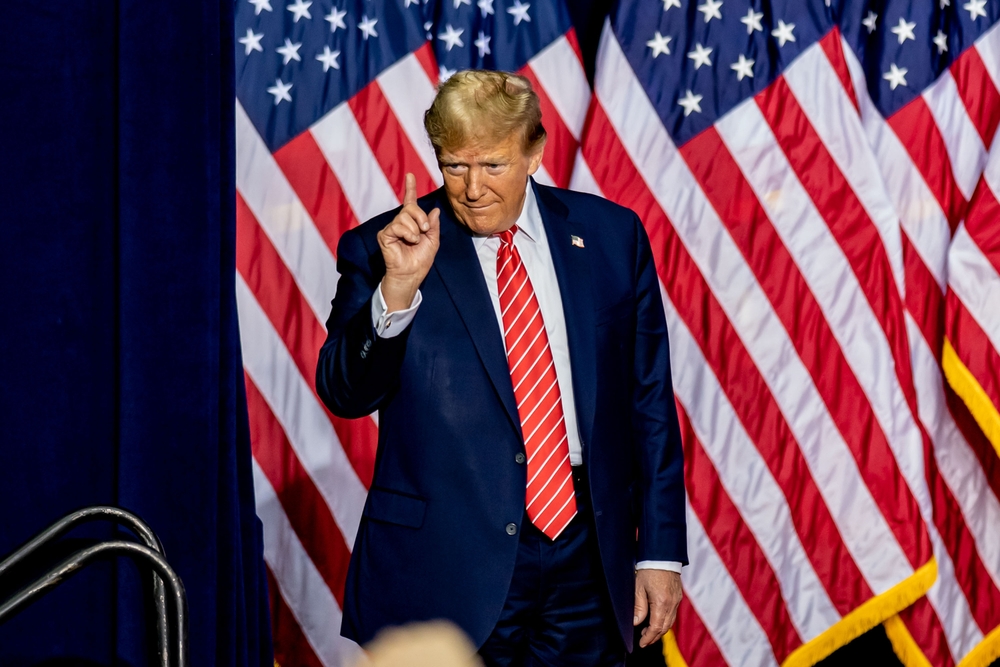FBI Director Christopher Wray announced his resignation amid mounting tensions with President-elect Donald Trump and pressing national security challenges. Although Wray had time left in his term, the pressure for change from Trump and the contentious atmosphere following a high-profile FBI search at Mar-a-Lago have influenced his decision. As Wray steps down, questions arise about the future of the FBI and its role in a politically charged environment.
Wray’s Unexpected Departure
FBI Director Christopher Wray’s resignation has sparked widespread discussion about the implications for the agency’s independence and future operations. Appointed by Trump in 2017, Wray’s departure comes with nearly three years remaining in his ten-year term. He expressed that stepping down now would prevent potential disruptions to the FBI’s workforce, amid speculations of being ousted if Trump assumes the presidency again. Wray has been a staunch advocate for the rule of law, which some believe could be threatened by his departure.
Tensions between Wray and Trump intensified following the FBI’s search of the Mar-a-Lago estate. The rift was further widened by incidents on the campaign trail that drew criticism from Trump. Wray, however, has made it clear that the FBI remains committed to its mission of following facts, regardless of political pressures.
FBI Director Christopher Wray says he will resign before Trump takes office https://t.co/zKWc4tqYlh
— Matthew Levitt (@Levitt_Matt) December 11, 2024
Concerns Over Future Leadership
With Wray’s resignation, concerns are mounting about who might replace him and the implications for the FBI’s independence. Trump has nominated Kash Patel, a figure viewed as deeply partisan, triggering backlash from various quarters, including former Reagan CIA Chief William H. Webster. Patel’s stance toward utilizing law enforcement to target media outlets and political adversaries has raised alarms about the potential politicization of the FBI.
“We are now in a position in which no F.B.I. director may be expected to serve for 10 years, and every time a new president comes in, that new president is likely to signal that the director will be replaced.” – John C. Richter
The appointment of FBI directors traditionally spans ten years to shield them from political influence. However, Wray’s early resignation indicates a shift towards more politically influenced appointments, which could result in future directors serving limited terms depending on the administration in power.
FBI Director Christopher Wray says he will resign before Trump takes office https://t.co/mP3lJVSPYw
— lori aratani (@loriara) December 11, 2024
The Road Ahead for the FBI
As the nation awaits the confirmation of a new FBI director, the political system, particularly Republican senators, hold the power to prevent a crisis by advocating for a nominee committed to upholding the bureau’s independence. Wray, while criticized for various decisions, successfully directed the FBI through numerous challenges, including countering espionage and domestic terrorism threats.
Wray’s emphasis on tackling the pervasive threat from China and other national security issues reflects his dedication to the FBI’s core mission. As he steps down, the bureau’s resolve to pursue facts and maintain political neutrality will be tested in an increasingly polarized environment. The decision on his successor will be pivotal in shaping the FBI’s trajectory in the coming years.
Sources:
The Situation: Chris Wray, Dead Man Walking | Lawfare
Why Christopher Wray’s Resignation May Signal a Shift in FBI Tradition – The New York Times
FBI Director Wray reveals why he is resigning during ‘such a dangerous time’ – DNyuz

